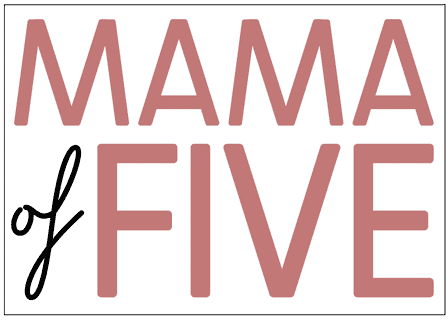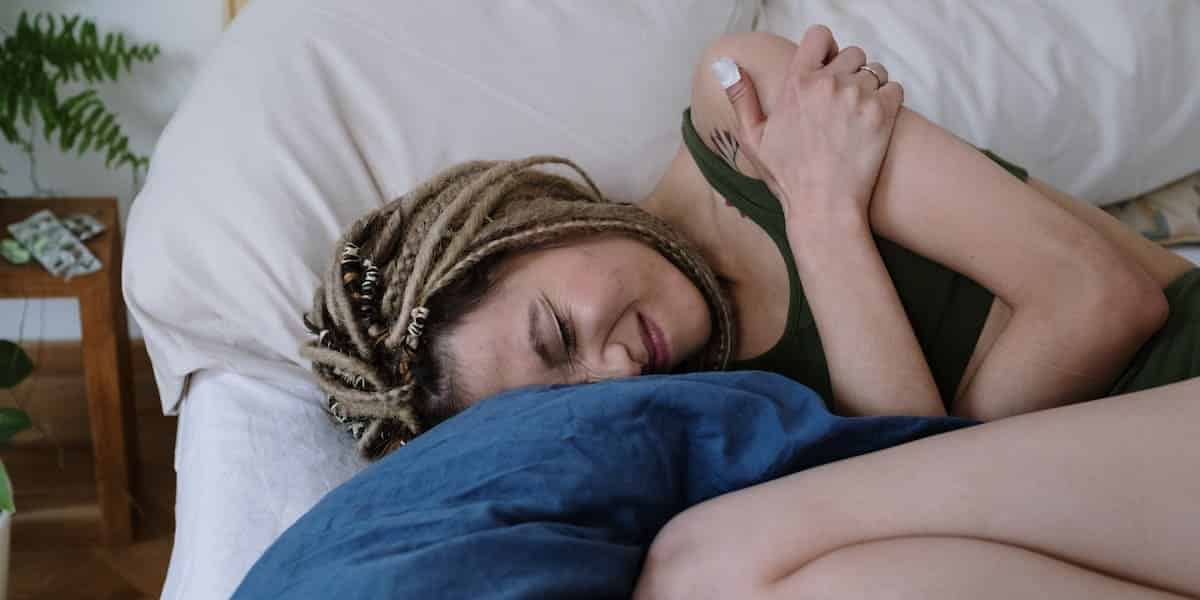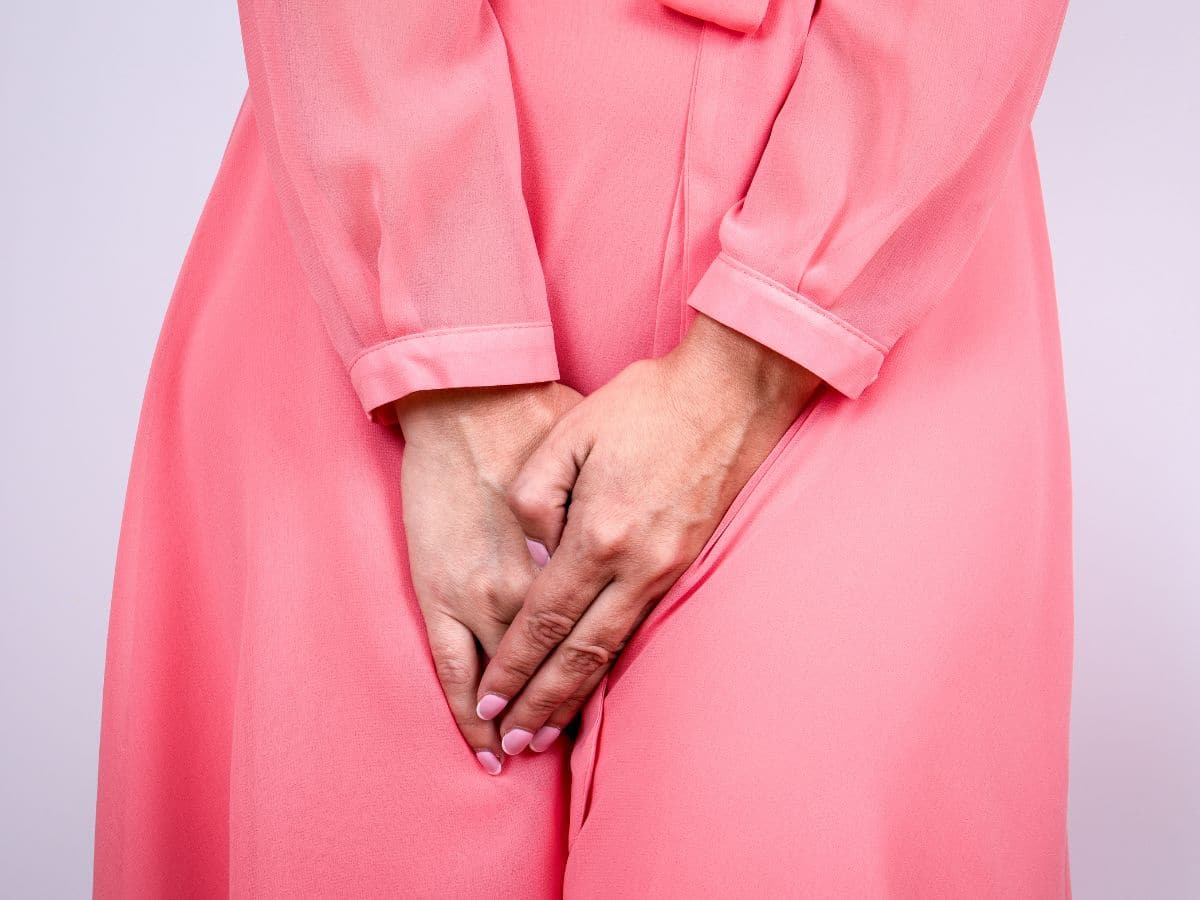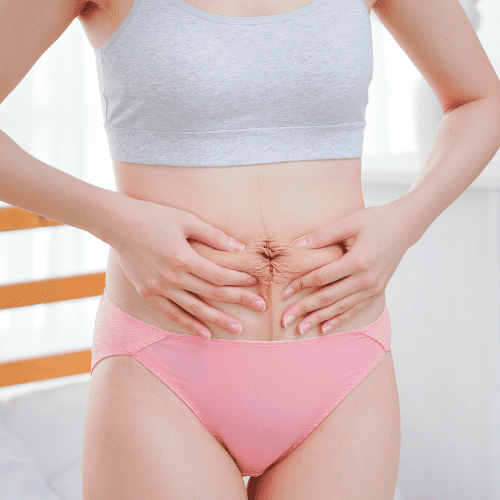Postpartum depression (PPD) is one of the several mental disorders, widely held to be associated with feeling blue and feeling alone after giving birth.
Many psychologists believe that postpartum depression differs from other types of depression only in the timing of the depressive episodes. It is triggered within the first four weeks of childbirth.
Various factors contribute to this psycho-social phenomena. Apart from this, many psychologists are of the opinion that unlike other mental disorders.
PPD is not something which is inherent from childbirth. Instead, it is something which grows out of an underlying condition.
Postpartum Depression is diagnosed by a discussion with you from your doctor about how you’re feeling and the Edinburgh Postpartum Depression Quiz.
It might seem quite daunting to begin with but it will get you the answers you’ve been looking for. So don’t worry! Answer the questions as honestly as you can.
Postpartum depression doesn’t just occur for the mothers. Postpartum depression in dads is also known as Paternal Postpartum Depression (PPPD).
After the birth of a child, fathers are at risk of PPPD just like new mums. Research shows that lower testosterone in men can cause depression.
Hormonal changes after the birth of a child can and do, leave to new dads suffering from the baby blues too. It’s a HUGE change for everyone.
A lot of men with postpartum depression suffer in isolation as it is usually only thought of as an illness that affects moms, but in fact, 1 in 10 new fathers suffer.
Many dads feel extra pressure to ensure both mother and baby are okay whilst also working a full-time job (usually!). Being the main breadwinner for the duration of maternity leave is a major worry for many.
The change in family dynamic and lifestyle can be difficult to adjust to, including lack of sleep and added workload at home. All of this can affect mental health.
Sleep deprivation can be a major cause of postpartum depression and it’s important to try and look after yourself.

Related: TOP TIPS ON HOW TO BOND WITH YOUR BABY FROM A FATHER OF FIVE.
The treatments for PPPD are pretty much the same for mothers with maternal postpartum depression.
PPPD is treatable and with the right support and guidance, you will get better. It’s best to seek help as soon as possible if you think you may have PPPD as if left, it can cause detrimental effects on you, your child and your marriage. (1)
Seeking help is not a sign of weakness – it takes strength and bravery to stand up and say something isn’t right and that you need additional support.
What are the causes of PPD?
Even though all of the possible causes of postpartum depression have not been outlined yet, some clinical studies were able to pinpoint some of its probable causes.
These events could make some women more susceptible to this illness than other women. (2)
There are many other causes of PPD including;
01. Deprivation of a loved one because of their death.
02. Differences or conflicts with your partner.
03. Unhealthy eating habits.
04. Insomnia.
05. Unwanted pregnancy.
06. A complicated pregnancy.
07. Series of depressive episodes during or before pregnancy.
What are the symptoms of postpartum depression?
The baby blues are easy to detect as long as the mothers and their partners are familiar with its signs and symptoms.
Some of its common symptoms include drastic changes in the mothers’ appetite and sleeping patterns, feeling irritable and angry for no logical reason, decreased libido, and even fatigue.
It’s most obvious symptom is when a mother starts feeling guilty and sad after giving birth for no apparent reason.
For myself, I think back to a year ago when I was constantly looking in the mirror, and the image back would scream ’I hate myself’. I was feeling myself withering away, crying silently at night after everyone was asleep, wondering how I was going to make it another day.
I remember seeing my partner drift further and further away and my daughter fussing more and more. The more depressed I came, the more my family suffered. I just couldn’t help how I felt.
I began feeling like my daughter was the loudest and most tearful baby to ever walk the planet and my mind dejected her.
I would change her nappy in a blur, I would hold her and look her in the eyes and it was almost as if I couldn’t feel anything. As if I was just babysitting a strangers child who looked right back up at me and hated the person she saw.
I honestly believed it was a phase that would fade and I would grow to love motherhood and all of the bumps and hoops that comes with it.
I thought that I was exhausted, especially after such a quick birth. I believed that was the problem, that it had all happened too fast and the fact I had so many visitors, I didn’t actually have time to bond with the baby myself.
I blamed everyone else. I looked at everyone and secretly despised them for taking the time I was meant to spend with my daughter away from me.
When in reality, it was me.
I wasn’t able to bond with the baby because I thought I was such a horrible person and I was putting obstacles in the way that probably would never happen.
I was worried to do anything. I was worried that if I was to bath the baby, I’d have the water too hot and she would scream and wouldn’t stop. I was worried that the milk I was giving her wasn’t suitable enough and that it would eventually make her constipated and cause other issues.
All of these issues running through my head made me unable to sleep at night, and when people say ’you sleep when the baby sleeps’, that’s impossible too because with a newborn, comes many poo explosions and within the blink of an eye one pair of clothes turns into a pile the size of Russia.
After getting help from my doctor, I started to feel more ‘normal’ and was able to find my way back from postpartum depression.
With medication and support from my family, along with some low maintenance self-care, I was able to clear any fog in my mind and enjoy being with my baby.
Related: HOW TO ENJOY THE FIRST WEEK WITH YOUR NEWBORN BABY
Here are a few things you can do to cope with Postpartum Depression:
Stay Clean: Have a nice wash, whether in a shower with the water pouring over you, or in a gentle bath.
Brush your hair and teeth, even putting your hair in your favorite style.
Get into your most comfortable clothes (that you haven’t already worn for three days straight). Take advantage of the comfiness.
Eat and drink: Stay hydrated through the day, this is so important.
Instead of drinking the five cups of coffee first thing in the morning, try drinking a nice cold glass of water.
Eat something light. Keep it basic and healthy.
Sleep: It might seem impossible at the moment, but sleep is honestly one of the best remedies to help you feel grounded.
Once you’ve had your relaxing shower or bath, you might feel a bit better to sleep.
Even if you get offered a babysitter for the day, take that moment to leave the pile of washing and dishes, and just slip into your duvet.
Ask for help: You’re not worthless or hopeless if you ask for help every now and then.
This is no joke.
Even if help means company for a few hours, drinking coffee or for a chat. It could just be watching your favorite TV show.
Believe it or not, people care about what you’re going through.
They want to help and sometimes, they just need a boost to ask for the help, because people just think they might be intruding when you don’t want them to.
Exercise: Basic stretching will keep your blood flowing and our muscles relaxed.
It might be hard to get going, to begin with, but once you’ve started and as soon as you’ve finished, you’ll feel better for it.
Get out of the house: Okay, so if it’s pouring down with rain, you’re not going to want to get your gear on and go for a walk, it’ll probably be the last thing on your mind.
But, if the weather is nice and you see your trainers gathering dust by the door, then grab your coat, put the baby in their pram and walk around your block.
If you drive, drive to your local shopping center and walk around there.
Talk or write about how you feel: Your mind might be so full of things that you wouldn’t even know to begin.
Even better! The fuller your mind, the more you’re going to write and release.
Let it flow. Your mind is a scary place sometimes, and talking about how you’re feeling will let other people know how you’re doing.
Like I said; people CARE!
Stay in contact with your healthcare provider: Weekly follow-ups with the doctor or midwife will keep communication flowing and any adjustments can be addressed quickly.
Related: HOW TO TAKE A POSTPARTUM SITZ BATH
I was only warned about postnatal depression because I’d suffered from depression before and would struggle during the PMS moments.
I was never told how I could prevent it, or whether it was even possible to prevent.
I decided to find out for myself and I’d like to share it with you, just in case you feel you could be susceptible to PPD.
It is known that there is no real known prevention of postpartum depression. Although if you’re aware that you could be susceptible then it’s a good start.
You can talk to your doctor and see if there is anything you can do before the baby is born, like going to regular counselling or therapy sessions.
I found that yoga classes and doing mindfulness at home really helped. If I had even 5 minutes to myself then I’d do something that I enjoyed and I loved to do.
You need to learn to prep for pregnancy at least a few months prior to trying to get pregnant if you are already dealing with irregular cycles, problem period or other hormonal issues. (3)
Giving birth and becoming a new parent is difficult for anyone. So you’re not alone in thinking that the world around you is crashing and you’re going to be sucked into a parallel universe any second.
You’re not alone in feeling exhausted and as if you’ve just woken up in a zombie apocalypse – AS THE ZOMBIE!
You’re not alone in thinking that you’re going to mess up and be a bad parent; everyone messed up and you won’t be a bad parent, we all try our best, even when we feel like we aren’t or don’t.
You will be okay.
Ask for help when you need it. Cuddle your baby as much as you can. Take a break when you need it, even if it’s for the 20 minutes your baby will sleep.
Just sit in silence and listen to the world go by in silence.
Accept the undoubted and unconditional love your baby will give you. This is your time to shine and I 100% believe that you will do it and get through it.
If you’re feeling any of these feelings listed above then please go to your doctors and ask for help.
It’s okay to do that. It’s okay to ask and accept help.
The fog with eventually clear, and you’ll start to become the mom that everyone else already sees.






